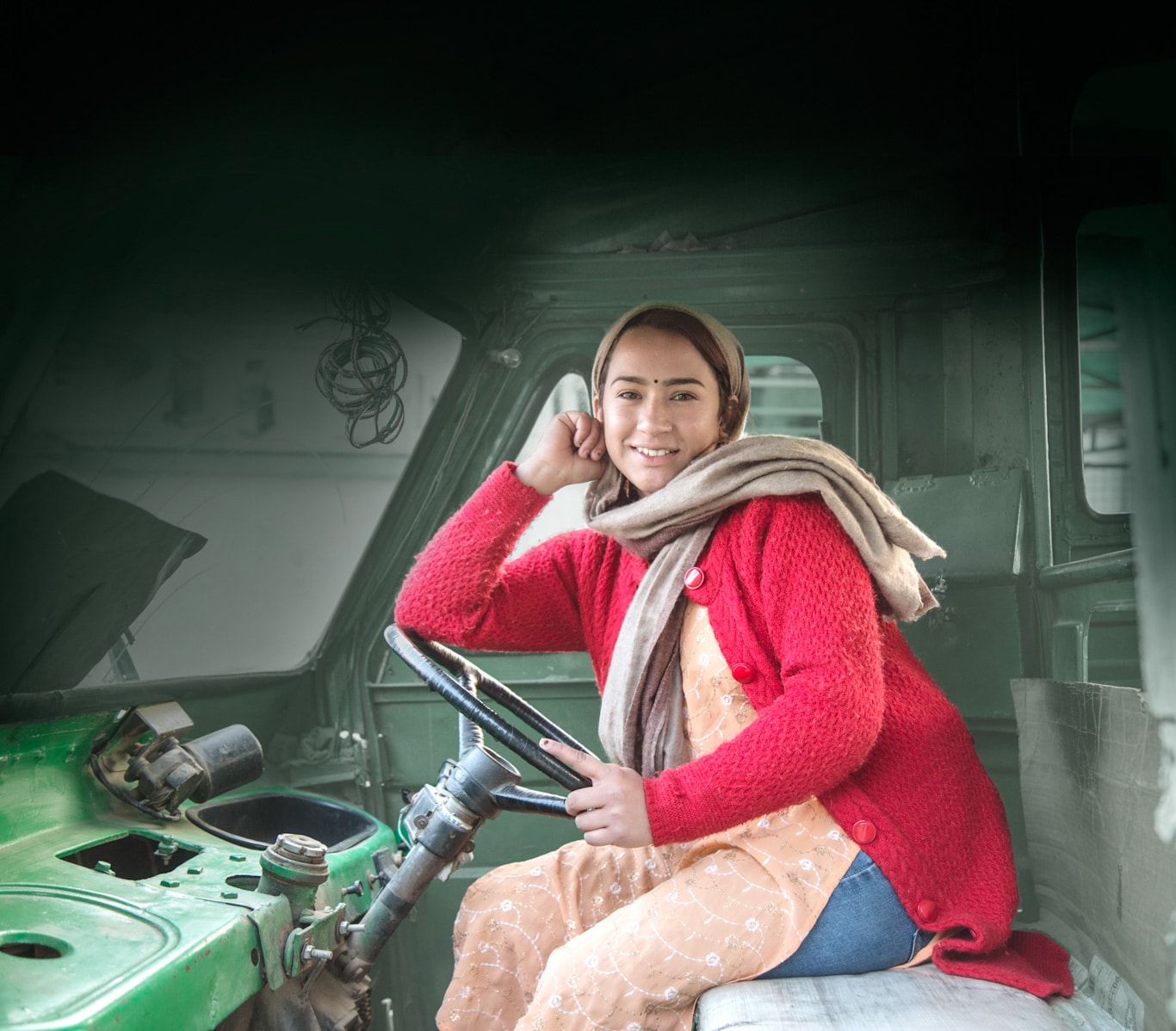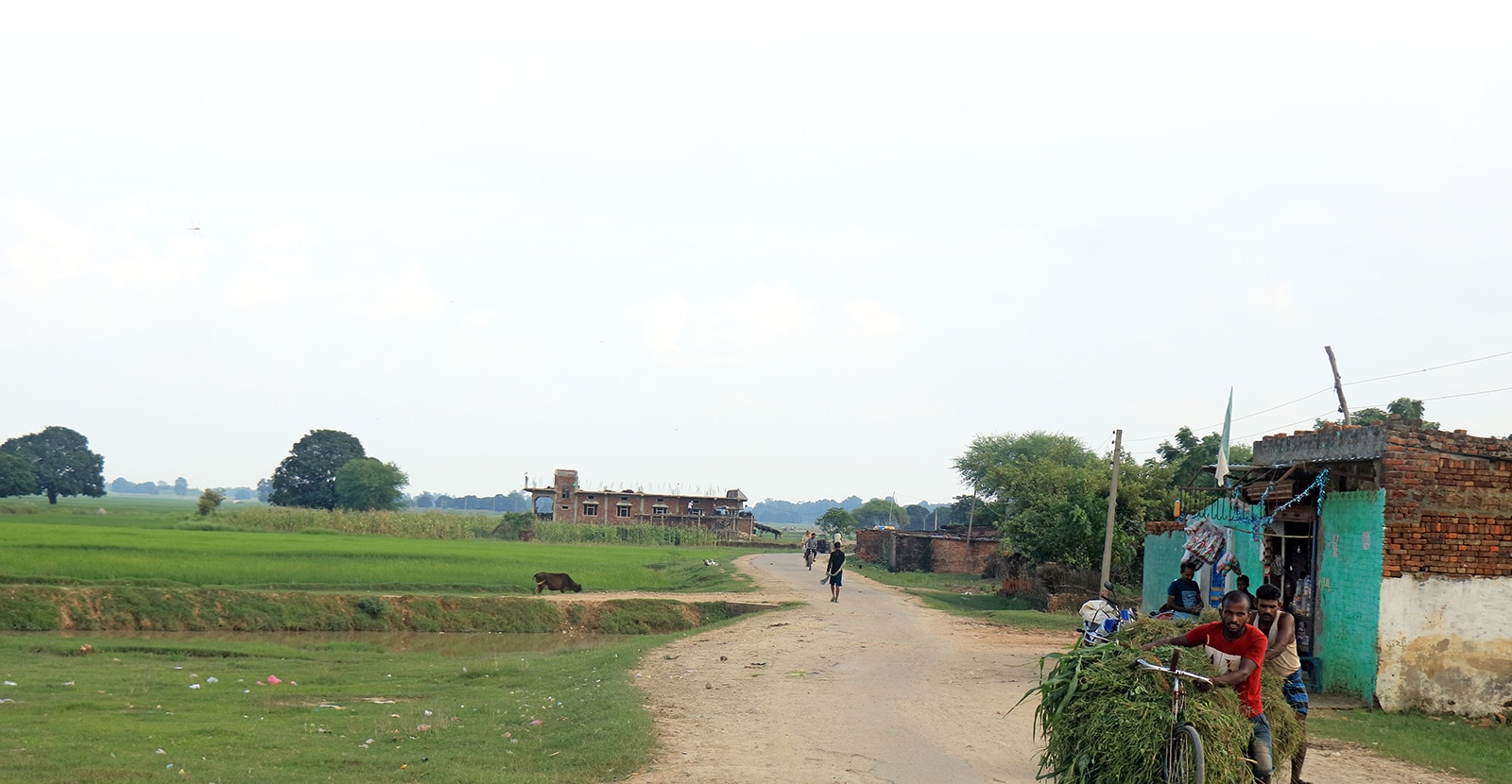

Nepal: Sahi Ho! Advocacy campaign for women’s empowerment and gender equality
EAI launched the Sahi Ho! campaign to raise awareness, increase political will, and encourage more resources to support women's leadership roles and economic empowerment in Nepal. 2018-present
A Project of —
Nepal

Background
Women make up just over half of the population in Nepal. As such, they should be a major and positive force in the country’s overall development.
However, lack of employment opportunities and limited access to economic resources means women’s ability to participate in and contribute to economic and leadership activities in the country is severely restricted. In addition, deeply rooted social biases, structural barriers, gender-based discrimination, and violence from families, communities, and the markets hinder women from participating in economic and leadership roles.
Therefore, in response to a recognized need to raise public awareness, increase political will, and encourage more resources to support women’s leadership roles and economic empowerment in Nepal, EAI launched the “Sahi Ho!” campaign in partnership with UN Women.
Starting from the Ground up
To achieve campaign objectives, we focused on advocacy, policy, and community engagement at both the national and local levels.
Local level campaign activities took place in Sunsari, Sindhuli, Sarlahi, Rautahat, Kavre, Sindhupalchowk, Makawanpur, Dhading, Nawaparasi, Banke, and Kailali districts of Nepal. We used community engagement, social media campaigns, and traditional media to raise awareness and promote positive gender attitudes and norms. Popular Nepali singers, actors, and comedians joined the campaign, and traveled to selected districts to take part in Melas (community fairs) while promoting campaign messages.
Supporting campaign activities in the districts, popular Nepali youth radio program Saathi Sanga Manka Kura (SSMK) radio hosts visited schools across the country to inspire the next generation of women and men by play writing and performance workshops highlighting and raising awareness about the social norms that currently prevent girls from achieving their potential.
National level activities created the momentum for the campaign while building support from the public and policy makers. Public hearings and policy dialogues engaged government and relevant stakeholders, identified gaps, and advocated for positive policy changes.
These campaign activities provided a platform for the general public to put forward their issues and concerns to the legislators and government officials and used collective action from the local level to affect change at the national level.
Overall, the Sahi Ho! campaign created a groundswell of positive encouragement where both men and women who step out of their assigned gender roles or expected behaviors are congratulated and praised rather than sanctioned or abused. The campaign aimed to contribute to a safe, positive environment for women to exercise their leadership skills, access employment opportunities, and engage in local decision-making processes.
Key Achievements
- Approximately 11.2 million individuals were reached through the campaign activities and mass media outreach and 11,629 people were directly engaged and mobilized through the community-based activities.
- 3743 (235F) government representatives, policy makers, and other stakeholders interacted at the national level on existing gaps and challenges in creating more enabling environment for women’s economic empowerment and leadership.
- Three policy analysis papers and two briefing papers were produced providing a foundation to continue ongoing policy advocacy for all stakeholders including policy makers.
- A social media campaign was also launched in parallel, reinforcing the key campaign messages reaching over 3 million people, through which 68,000 people engaged directly.
- Commitments made by more than 20 local government representatives to create enabling environment for economic empowerment of women during the community-based mobilization and awareness raising events in the campaign targeted districts.
- Local government representatives from three campaign districts (Sindhupalchowk, Sarlahi and Sindhuli) followed through on their commitments by allocating local government’s budgets for building infrastructures that are female friendly and separate hygienic toilets within local schools. NRs 24.3 million local budgets of campaign targeted municipalities have also been allocated for economic empowerment activities, with provisions for capacity building opportunities for women, promoting entrepreneurship.
- The campaign activities were successful in getting significant media attention with a total of 100 coverages in national and district-based media channels within a year, which includes 5 national televisions, 14 radio stations, 10 national dailies, 20 district-based newspapers and 33 online portals.
Project Update
As of early 2020, UN Women Nepal and EAI have agreed to implement a third phase of Sahi Ho! We are scaling lessons from the previous to phases to reach a greater number of beneficiaries, namely rural women farmers in Nepal. We are continuing to engage women farmers in Rautahat and Sarlahi districts with low literacy levels, including those who were not engaged in the previous phases, giving these women the same opportunities to explore their potential and benefit from UN Women’s support in their communities.
Specific activities include:
- Life skills and leadership development to ensure more meaningful participation in household decision, resulting in increased access to and control over resources.
- Promote increased leadership, participation, and representation of rural women farmers in the local in local decision-making and budget allocation processes.
- Promote a gender responsive policy environment by enhancing the capacity of local policy makers and government representatives to effectively mainstream gender concerns in their annual plans and budget allocation.